7 Signs Grocery Prices Are About to Spike Due to Tariffs
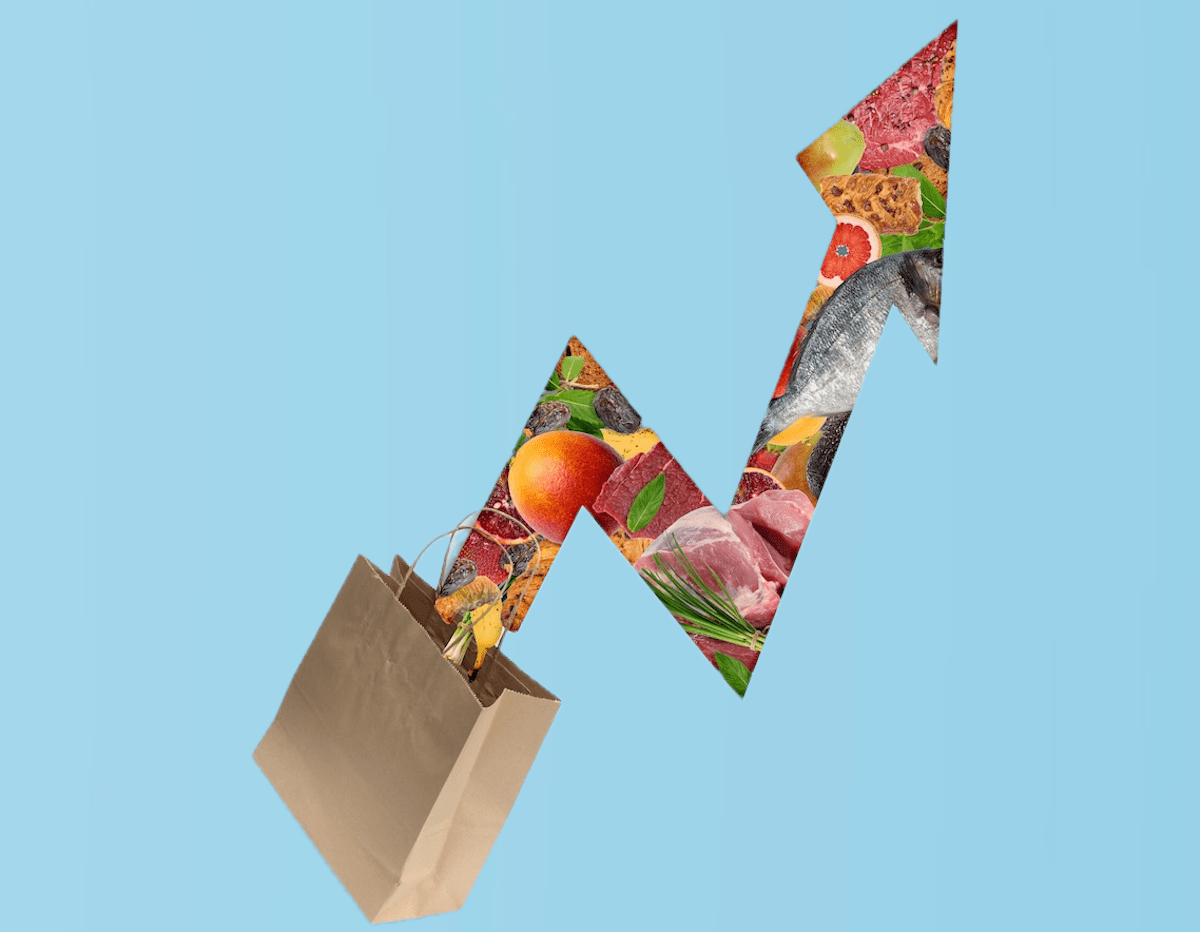
The U.S. has paused high tariffs against a number of countries around the world (still maintaining a 10% base tariff), while continuing to apply a 145% tariff against China—and this could mean certain grocery items could go up in price. How much depends on the product and how big the supplier is. Larger chain stores will be better able to absorb the cost, especially if the tariffs don't last long, whereas smaller stores may have no choice but to pass that tax on to the consumer, in an effort to stay in business. Here are seven signs grocery prices may be about to spike, due to tariffs.
Speciality Stores
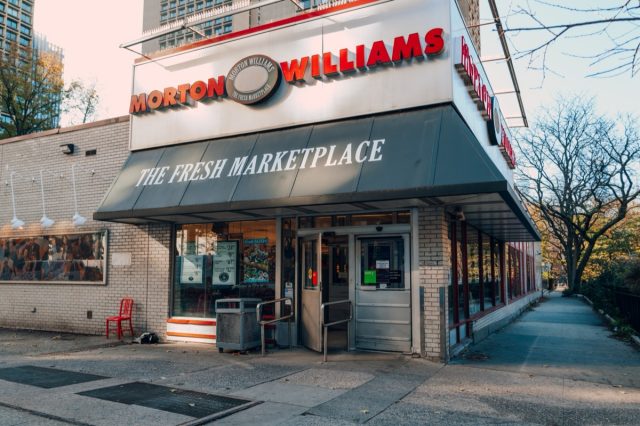
If you rely on smaller speciality stores for imported goods, expect prices to skyrocket soon. "It appears that the small distributors are reacting a lot more quickly," Steve Schwartz, the director of sales and marketing at grocery chain Morton Williams, told CNN. According to Schwartz, one Italian importer for olive oil and balsamic vinegar is hiking prices by 20% next month.
Supply Disruption
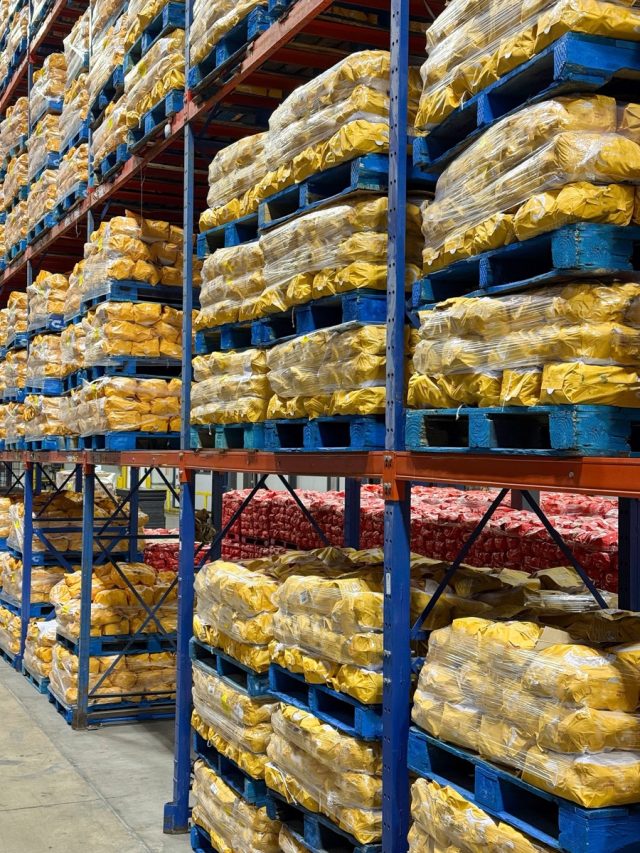
Even if a food (for example, potatoes) are sourced within the U.S., there could be an impact on prices due to the costs of packaging, which is imported from countries like China. "Our food system is intricately linked with global markets − including products not grown in the United States like bananas or seasonal items − which helps keep prices down while providing American shoppers year-round access to safe, nutritious food," said Leslie Sarasin, the president of food industry group FMI..
People Buying Less
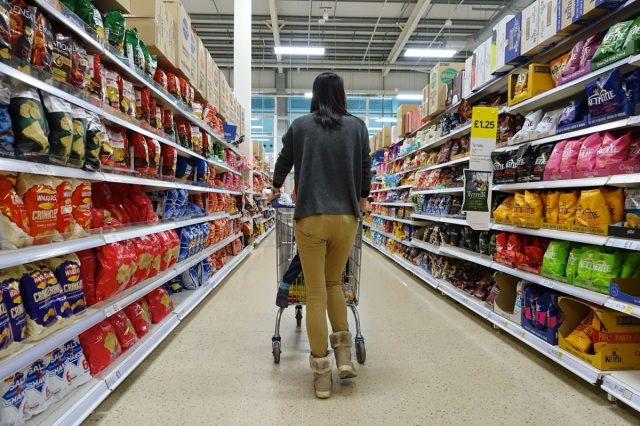
Uncertainty and inflation are causing people to hold back on non-essential goods. Pepsi reported customers bought 3% fewer snacks last quarter, and could be reluctant to spend more on luxuries right now when tariffs are still in place. "Some consumers are moving away from discretionary spending" at the grocery store, said Sally Lyons Wyatt, Circana's chief advisor for the consumer goods and food service industries, via CNN.
Perishable Goods
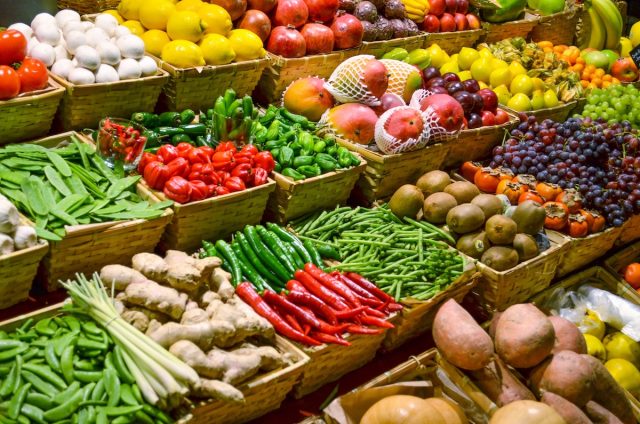
Perishable goods like fruits and vegetables are more likely to go up in prices compared to items with a longer shelf life. "Because a lot of food, of course, is pretty perishable, the grocers can't really go out and stock up," Andreas Waldkirch, a professor of economics at Colby College, tells TODAY.
Price of Packaging
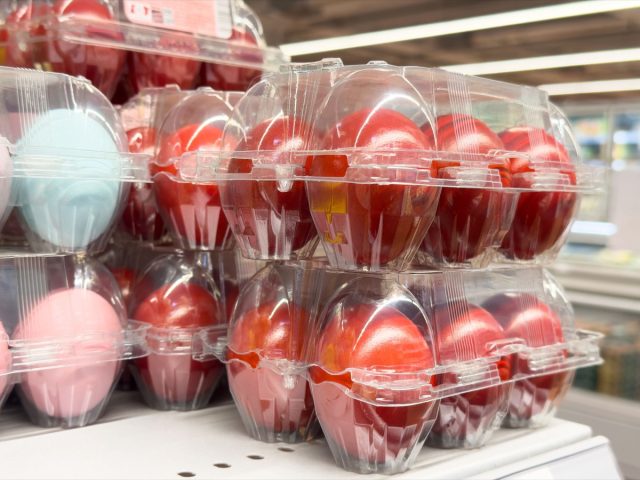
How much prices will hike depends on how much of the grocery item is reliant on imports—for example, the parts that make up the packaging of the food as well as the item itself. "It won't be a sort of one-to-one at the store where you say, 'Well, this product comes from China, so we know it's going to get hit with the 54% tariff. So prices will go up 54%,'" Andy Harig, vice president of tax, trade, sustainability and policy development at FMI, tells TODAY.
Spice Issues
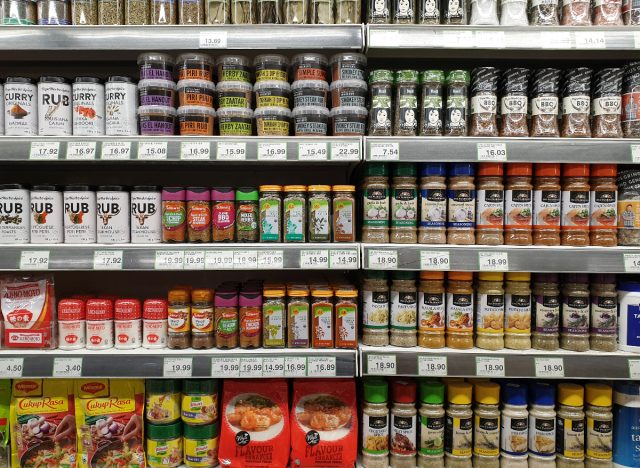
Any store that sells a large amount of spices (like cinnamon) is going to be impacted by tariffs—almost all spices are imported. "A lot of the spices we grow that we eat … just aren't grown in America," Harig told TODAY. "There's a colleague of mine who likes to joke that we've sort of gone back to the 14th century, with the great spice trade issues."
Products Disappearing
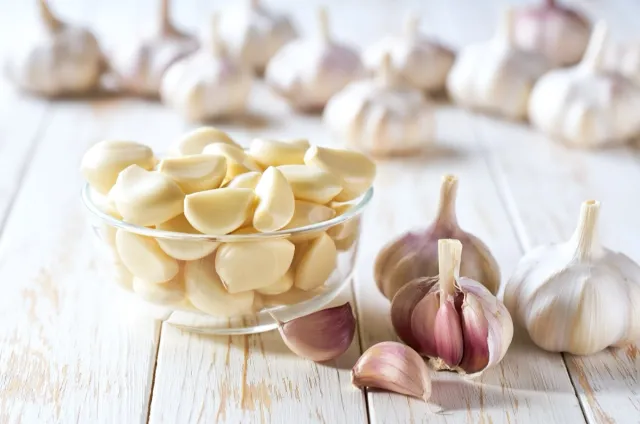
If grocery stores and smaller stores are just not stocking items like vanilla, it could be because the prices are about to go through the roof. "Let's not also forget that China produces 90% of all the garlic in the world, and garlic is a major ingredient in a lot of frozen foods," Supermarket Guru Phil Lampert told FOX5. "Our apple juice — they supply 60% of the apple juice concentrate that comes into this country. So we're going to have to re-calibrate what we're buying and how we're buying it. But don't panic, don't overstock — because that doesn't do anybody any good."









